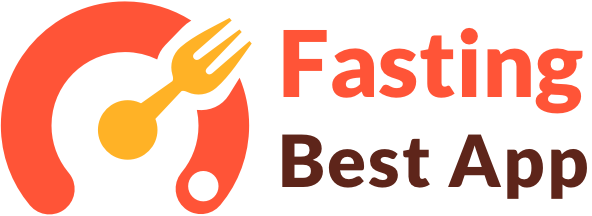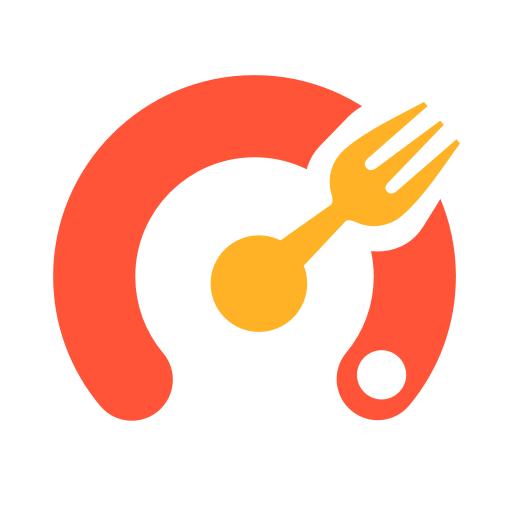Best Intermittent Fasting Apps for Weight Loss
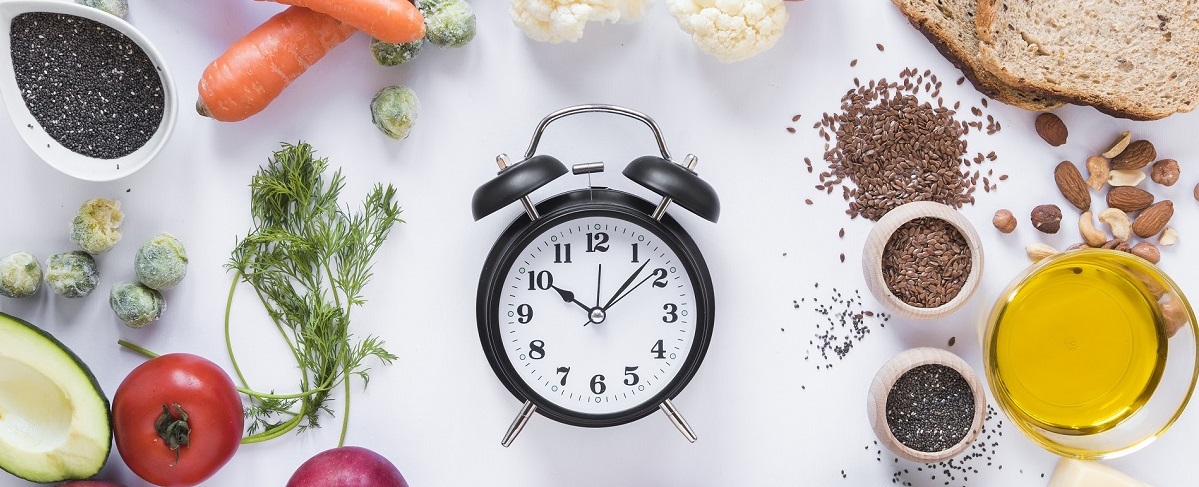
- Soon Fasting Tracker: Best Fasting App for Beginners
- Zero: Best Fasting App for Longevity
- BetterMe: Best App for Workout
- Fastic: Best Fasting App with Smart Diet Ideas
- DoFasting: Best App for Women
- Life Fasting Tracker: Best for Personalized Fasting
- Simple: Best Fasting App with Great UI
- BodyFast: Best Fasting App for Fasting Tracking
- Lasta: Best Fasting App for Fasting as a Lifestyle
- FastEasy: Best Fasting App for Fitness
- Kompanion: Best for Supportive Community
Soon Fasting Tracker: Best Fasting App for Beginners

- IOS Rating: 4.7
- Android Rating: 4.6
- Price: $5.00 to $19.99 per month
Pros of Soon
- User-friendly interface and easy navigation for beginners.
- Gradual approach for beginners, promoting sustainable fasting habits.
- Quick access to recommended foods and hunger-checker for effective fasting.
- Encouraging daily-task scheme to maintain consistency and motivation.
- Access to online dietitian guidance for personalized support and advice.
- Comprehensive tracking of fasting, meals, water intake, and exercise.
Cons of Soon
- The availability of online dietitian guidance may be limited in some regions.
- The gradual approach may not suit individuals seeking more immediate results.
- Free version may have limited features, requiring users to opt for premium upgrades.
Zero: Best Fasting App for Longevity
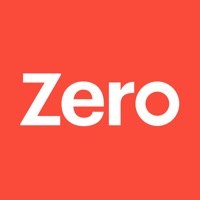
- iOS Rating: 4.8
- Android Rating: 4.4
- Price: $9.99 per month or $69.99 per year with 7-day free trial
Pros of Zero
- Healthspan-oriented fasting plans prioritize long-term health and longevity.
- Expert-backed content enhances users’ understanding of intermittent fasting and its effects on longevity.
- Fasting Circles create a supportive community for mutual motivation and accountability.
- Timed fasting presets simplify the fasting process, promoting consistency.
- Water fasts and challenges offer options for more advanced fasting techniques.
- Health metrics tracking provides valuable insights into the impact of fasting on overall health.
Cons of Zero
- Healthspan-focused fasting plans may require further research for individuals new to the concept.
- Some users may find the app’s emphasis on longevity to be less relevant if their primary goal is weight loss or other specific outcomes.
- As with any fasting app, consistent data input is essential for accurate tracking and insights.
- Customization options may be limited for those seeking highly personalized fasting plans.
- Users with specific health conditions or dietary needs should consult a healthcare professional before adopting an intermittent fasting regimen.
BetterMe: Best App for Workout

- iOS Rating:
- Android Rating:
- Price: $49.99 for a 12-month subscription following a 7-day free trial, $40 for lifetime access.
Pros of BetterMe
- Multiple features available for weight loss
- Personal Plan cuts the task into small ones, reducing users’ weight loss stress
- Complicated content concerning weight loss can be found on BetterMe, meeting the demands of the largest number of users
- The fasting tracker is neat and targeted
Cons of BetterMe
- Challenge fails to be used unless payment is done and whenever a new challenge group is to be joined, extra money is required.
- BetterMe covers the widest features about weight loss but each runs so general. If users demand advanced features, this app may not work.
Fastic: Best Fasting App with Smart Diet Ideas
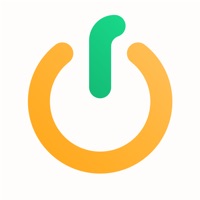
- iOS Rating: 4.8
- Android Rating: 4.5
- Price: Monthly -$11.99, 3 Months -$27.99, 12 Months -$74.99
Pros of Fastic
- The academy is one of the best wells of knowledge
- You can enter new Healthy Habits and challenge yourself throughout the week
- The free version allows users to try out the services before paying
- Offers meal and snack recommendations so that you don’t overeat or compromise fasting
Cons of Fastic
- The community isn’t too active
- On the expensive end compared to other apps
DoFasting: Best App for Women
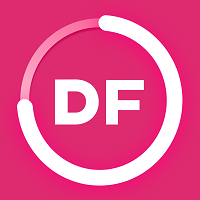
- iOS Rating: 3.8
- Android Rating: 2.4
- Price: $68.99 for 6-month plan, $47.99 for 3-month plan, $36.99 for 1-month plan
Pros of DoFasting
- Easy to use and provides valuable information and education about intermittent fasting
- Personalized fasting plans based on the user’s goals, eating habits, and preferences
- Track fasting and eating windows, water intake, and food consumption, making it convenient for users to monitor their progress
- Provide a comprehensive approach to intermittent fasting, including nutrition, workouts, and motivation
Cons of DoFasting
- Need a subscription to get access to all of its features, which may deter some users who prefer free alternatives
- There are limitations in tracking fasting success, mood, and importing food data from other apps.
Life Fasting Tracker: Best for Personalized Fasting

- IOS Rating: 4.8
- Android Rating: 4.7
- Price: $2.99 per month
Pros of Life
- Flexible fasting options
- social community
- personalized recommendations
- educational content
- integration with health apps.
Cons of Life
- Premium features can be expensive for some users.
Simple: Best Fasting App with Great UI
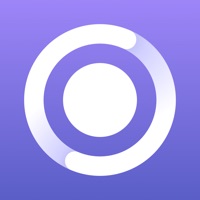
- IOS Rating: 4.7
- Android Rating: 4.2
- Price: $29.99 for 3-month plan, $49.99 for 12-month plan
Pros of FastHabit
- Intuitive User Interface
- Customizable Fasting Options
- Timezone Adjustments
Cons of FastHabit
- Limited Advanced Features
BodyFast: Best Fasting App for Fasting Tracking

- IOS Rating: 4.7
- Android Rating: 4.6
- Price: $1.35 per week for 12-month plan, $2.69 per week for 3-month plan, 3.92 per week for 1-month plan
Pros of BodyFast
- Smart Fasting Tracking
- Customized Fasting Plans
- Detailed Statistics and Insights
- Interactive Coach
Cons of BodyFast
- Limited Free Version
Lasta: Best Fasting App for Fasting as a Lifestyle

- IOS Rating: 4.7
- Android Rating: 3.8
- Price: $69.99 for 12-month plan, $44.99 for 3-month plan, $29.99 for 1-month
Pros of Lasta
- Customizable Fasting Schedules
- Comprehensive Analytics
- Integration with Health Trackers
- Meal Planning and Recipes
Cons of Lasta
- Learning Curve for Beginners
FastEasy: Best Fasting App for Fitness

- IOS Rating: 4.6
- Android Rating: 4.6
- Price: $19.99 for 1-month plan, 39.99 for 3-month plan, $59.99 for 12-month plan
Pros of FastEasy
- Customizable Fasting Schedules
- Nutritional Guidance
- Integration with Fitness Trackers
- Hydration Reminders
Cons of FastEasy
- Advanced Features may require Premium
Kompanion: Best for Supportive Community
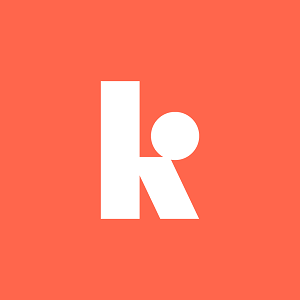
- iOS Rating: 4.7
- Android Rating: 4.7
- Price: $1.34 per week for 12-month plan, $2.30 per week for 3-month, $3.24 per week for 1-month
Pros of Kompanion
- User-friendly
- Tailor-made fasting plans
- Mood graphs
- Educational resources
Cons of Kompanion
- Lack of included recipes
- Limited tracking system
OUR TEAMS HAVE TESTED 14 FASTING APPS
We have tested and rated all major intermittent fasting apps to help you find the best fasting app that fits your needs.
How Do We Choose and Test Apps
By considering these factors and prioritizing the features and aspects that are most important to you, you can choose a fasting app that aligns with your goals and preferences. It’s also helpful to try out a few different apps to see which one resonates with you the most before committing to a long-term usage.
- Features: Look for apps that offer a comprehensive set of features to support your fasting journey. This may include customizable fasting plans, meal recommendations, tracking tools, reminders, community support, educational resources, and integration with other health or fitness apps.
- User-Friendliness: The app should have an intuitive and user-friendly interface that makes it easy to navigate and track your fasting progress. A well-designed app will enhance your overall experience and keep you motivated.
- Flexibility: Consider whether the app offers a variety of fasting plans to choose from, allowing you to find a fasting schedule that fits your lifestyle and preferences. Look for apps that offer different fasting methods, such as time-restricted feeding (e.g., 16/8), alternate day fasting, or modified fasting options.
- Usefulness: We consider the app’s practicality and effectiveness in helping users achieve their fasting goals and overall health objectives.
- Cost: We assess the subscription plans and pricing structure to determine whether the app offers good value for the features and benefits it provides.
- Customer Support: We examine the responsiveness and quality of customer support to ensure users can receive assistance when needed.
- Customization: We look for apps that allow users to create customized fasting plans, meal plans, and goals to cater to individual preferences and dietary needs.
- Education and Resources: We value apps that offer educational content, coaching, tutorials, and recipes to help users make informed decisions and maintain a healthy fasting routine.
- Effectiveness: We evaluate user feedback and reviews to gauge the app’s actual effectiveness and real-world impact on users’ fasting experiences.
- Integration with Wearable Devices or Third-Party Apps: We consider whether the app seamlessly integrates with wearable devices or other health-related apps, providing users with a holistic health tracking experience.
Recent Posts about Intermittent Fasting
Frequently Asked Questions
What is intermittent fasting?
Intermittent fasting is an eating pattern that cycles between periods of fasting and eating. It doesn’t focus on what you eat but rather when you eat. The most common methods involve daily fasting for a certain number of hours or fasting on specific days of the week.
How does intermittent fasting work?
Intermittent fasting works by allowing your body to enter a fasted state, which can lead to various health benefits. During the fasting period, your body depletes its stored glucose and starts burning stored fat for energy.
What are the different methods of intermittent fasting?
There are several methods of intermittent fasting, including:
- 16:8 method: This involves fasting for 16 hours and restricting your eating window to 8 hours each day.
- 5:2 diet: This involves eating normally for five days of the week and restricting calorie intake to 500-600 calories for two non-consecutive days.
- 12:12 method: This method involves fasting for 12 hours a day and eating within a 12-hour window. For example, you might eat from 8:00 am to 8:00 pm and fast from 8:00 pm to 8:00 am.
- 14:10 method: Similar to the 12:12 method, this involves fasting for 14 hours and eating during a 10-hour window.
- 15:9 method: This method involves fasting for 15 hours and eating during a 9-hour window.
- 18:6 method: This method involves fasting for 18 hours and eating during a 6-hour window.
- 20:4 method: In this method, you fast for 20 hours and eat within a 4-hour window.
- Eat Stop Eat: This fasting plan, developed by Brad Pilon, involves fasting for 24 hours once or twice a week. During the fasting period, only water, coffee, or tea without calories are allowed.
- Alternate-day fasting: This involves fasting every other day, where you consume little to no calories on fasting days.
What are the benefits of intermittent fasting?
Intermittent fasting has been associated with several potential benefits, including weight loss, improved insulin sensitivity, reduced inflammation, increased cellular repair processes, and potential longevity benefits. However, individual results may vary, and it’s important to consult with a healthcare professional before starting any fasting regimen.
Will intermittent fasting help me lose weight?
Intermittent fasting (IF) has been studied for its potential benefits, including weight loss. Several scientific studies have explored the effects of intermittent fasting on body weight, metabolism, and overall health. Intermittent fasting can be an effective tool for weight loss as it helps reduce calorie intake and promotes fat burning. However, individual results may vary, and it’s important to maintain a balanced diet and exercise regularly.
Is intermittent fasting safe for everyone?
Intermittent fasting may not be suitable for everyone, especially those with certain medical conditions or who are pregnant or breastfeeding. It’s always best to consult with a healthcare professional before starting any new diet or fasting regimen.
